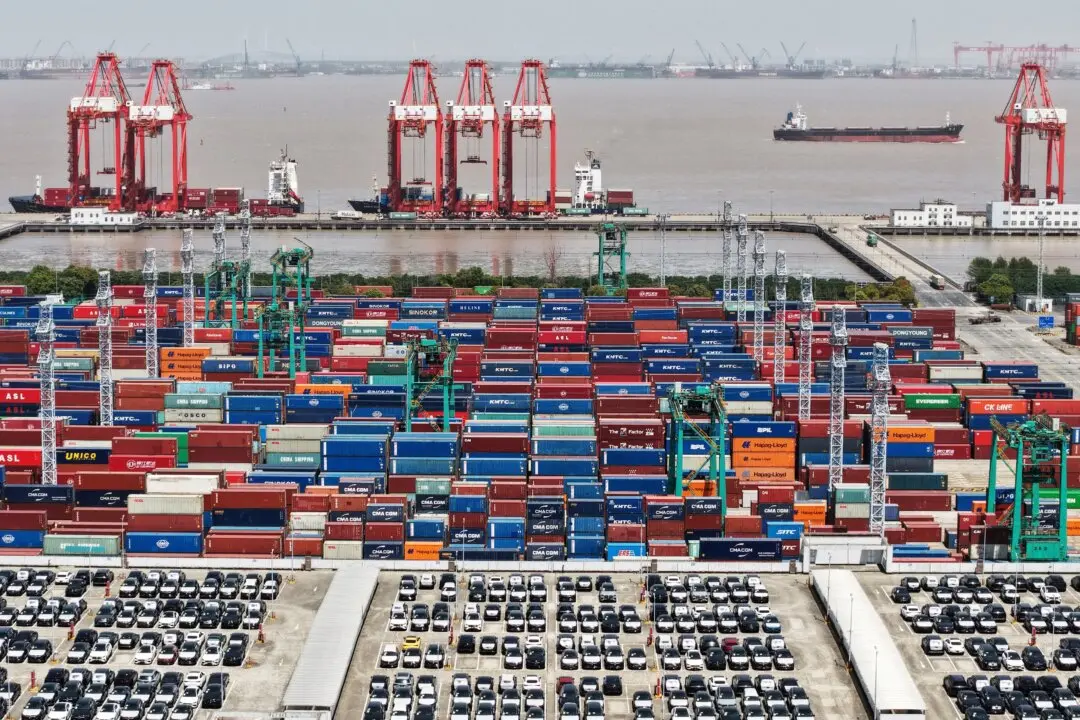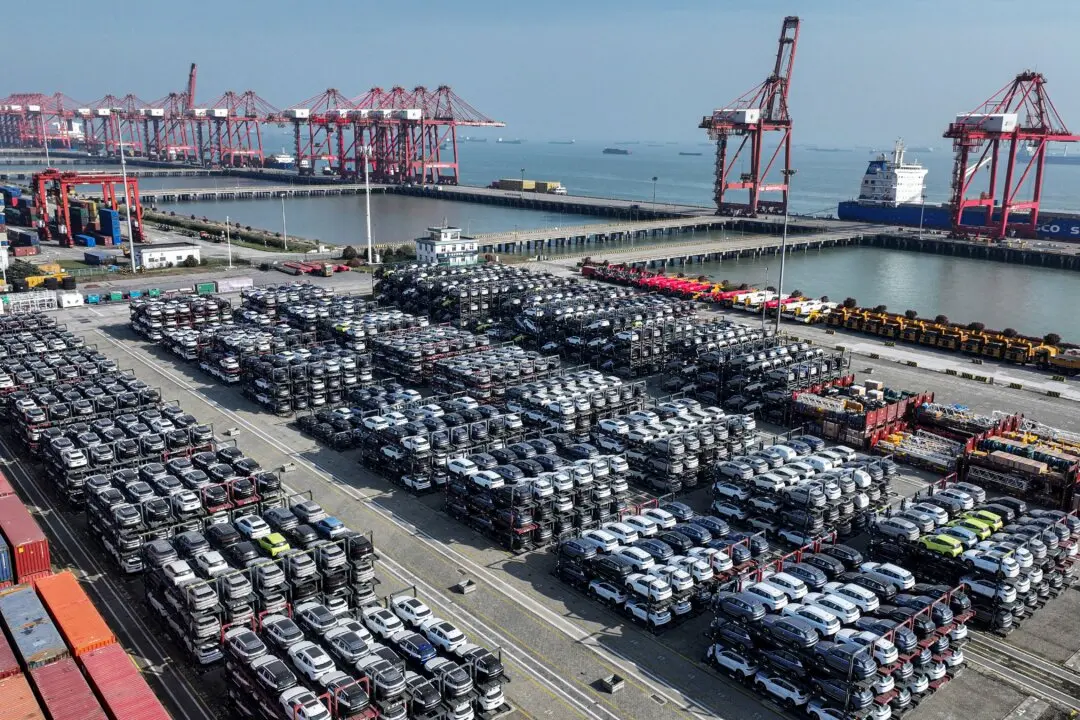Commentary
Rhetoric—whether from corporate executives or government officials—seldom comports with reality. And seldom is the gap as wide as on the subject of foreign investment in China. Beijing says that it is open for business and welcomes foreign investment when, in reality, it has made doing business in China more difficult than ever.





